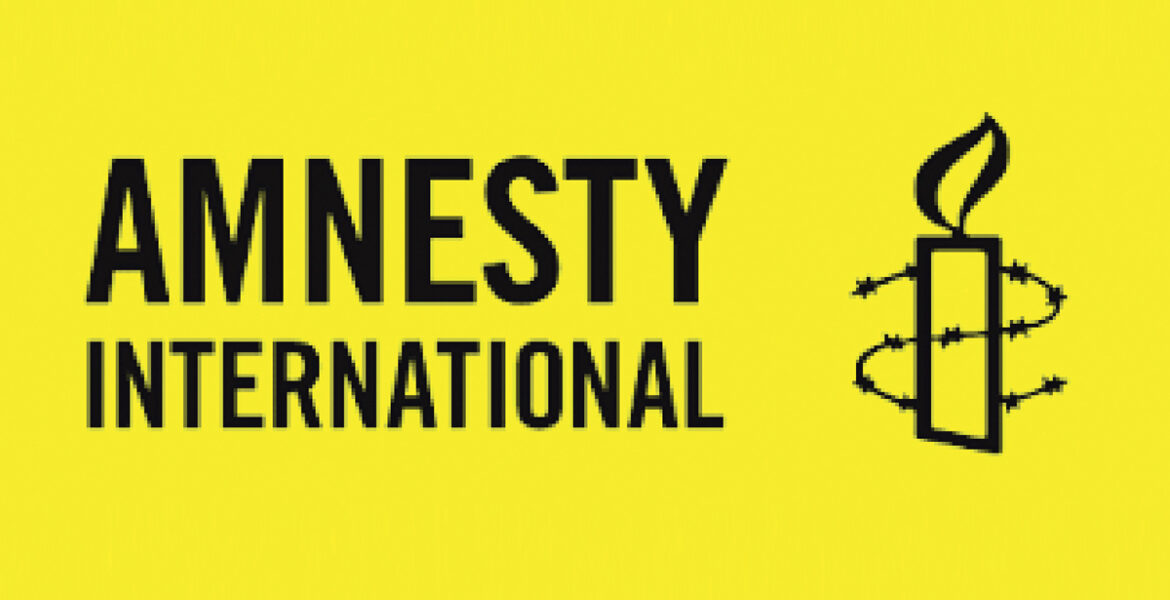In a recent report on World Refugee Day, Amnesty International urged the Pakistani government to promptly stop the arbitrary arrests and harassment of Afghan refugees and asylum seekers. The report emphasizes the difficulties faced by Afghan refugees who fled persecution at the hands of the Taliban, only to find mistreatment and legal vulnerabilities in Pakistan.
Since the Taliban’s August 2021 takeover of Afghanistan, a significant number of Afghans seeking protection have fled to Pakistan. However, they have been subjected to arbitrary detentions, arrests, and the constant threat of deportation upon arrival. The absence of essential identification documents and delays in the registration process have exacerbated their legal precariousness.
Through remote interviews with Afghan refugees, Amnesty International uncovered a disturbing pattern of harassment by Pakistani police and officials. Passports and wallets were reportedly seized from a large number of refugees who were detained without appropriate documentation and whose passports were confiscated. They were then required to pay fines ranging between 5,000 and 30,000 rupees without obtaining any documentation confirming their detention or payment.
The situation is particularly dire for women and girls in Afghanistan and Pakistan, where they face discrimination. Without proper documentation, Afghan refugees have a difficult time securing employment, gaining access to healthcare and education for their children, and acquiring essential services like SIM cards and bank accounts.
The United Nations High Commissioner for Refugees (UNHCR) is responsible for the registration and assessment of applications submitted by Afghan asylum seekers and refugees. Nonetheless, delays in obtaining Proof of Registration (PoR) cards and sluggish responses to inquiries have impeded their access to vital legal documentation.
Amnesty International urges the UNHCR to expedite the registration and assessment of Afghan refugees in Pakistan. They are also urging the Pakistani government to stop the harassment and arbitrary arrests of Afghan refugees. In addition, Amnesty International urges third countries that offer resettlement to expedite the issuance of visas for Afghans living abroad.
Amnesty International has shared the report with the Government of Pakistan, the UNHCR, and relevant authorities, but has yet to receive a response. The organization emphasizes the critical need for increased international assistance to protect those fleeing persecution in Afghanistan.
It is essential to observe that all interviewees’ names have been anonymized to protect their privacy. Due to the danger of persecution, the UNHCR has issued a non-return advisory for Afghans living outside of Afghanistan. According to the UNHCR, the number of Afghans residing in Pakistan exceeds 3.7 million.
Amnesty International urges Pakistan to stop arbitrarily detaining and harassing Afghan refugees.
In a recent report released on World Refugee Day, Amnesty International urged the Pakistani government to promptly stop the arbitrary arrests and harassment of Afghan refugees and asylum seekers. The report emphasizes the difficulties faced by Afghan refugees who fled persecution at the hands of the Taliban, only to find mistreatment and legal vulnerabilities in Pakistan.
Since the Taliban’s August 2021 takeover of Afghanistan, a significant number of Afghans seeking protection have fled to Pakistan. However, they have been subjected to arbitrary detentions, arrests, and the constant threat of deportation upon arrival. The absence of essential identification documents and delays in the registration process have exacerbated their legal precariousness.
Through remote interviews with Afghan refugees, Amnesty International uncovered a disturbing pattern of harassment by Pakistani police and officials. Passports and wallets were reportedly seized from a large number of refugees who were detained without appropriate documentation and whose passports were confiscated. They were then required to pay fines ranging between 5,000 and 30,000 rupees without obtaining any documentation confirming their detention or payment.
The situation is particularly dire for women and girls in Afghanistan and Pakistan, where they face discrimination. Without proper documentation, Afghan refugees have a difficult time securing employment, gaining access to healthcare and education for their children, and acquiring essential services like SIM cards and bank accounts.
The United Nations High Commissioner for Refugees (UNHCR) is responsible for the registration and assessment of applications submitted by Afghan asylum seekers and refugees. Nonetheless, delays in obtaining Proof of Registration (PoR) cards and sluggish responses to inquiries have impeded their access to vital legal documentation.
Amnesty International urges the UNHCR to expedite the registration and assessment of Afghan refugees in Pakistan. They are also urging the Pakistani government to stop the harassment and arbitrary arrests of Afghan refugees. In addition, Amnesty International urges third countries that offer resettlement to expedite the issuance of visas for Afghans living abroad.
Amnesty International has shared the report with the Government of Pakistan, the UNHCR, and relevant authorities, but has yet to receive a response. The organization emphasizes the critical need for increased international assistance to protect those fleeing persecution in Afghanistan.
It is essential to observe that all interviewees’ names have been anonymized to protect their privacy. Due to the danger of persecution, the UNHCR has issued a non-return advisory for Afghans living outside of Afghanistan. According to the UNHCR, the number of Afghans residing in Pakistan exceeds 3.7 million.
-Amnesty International

